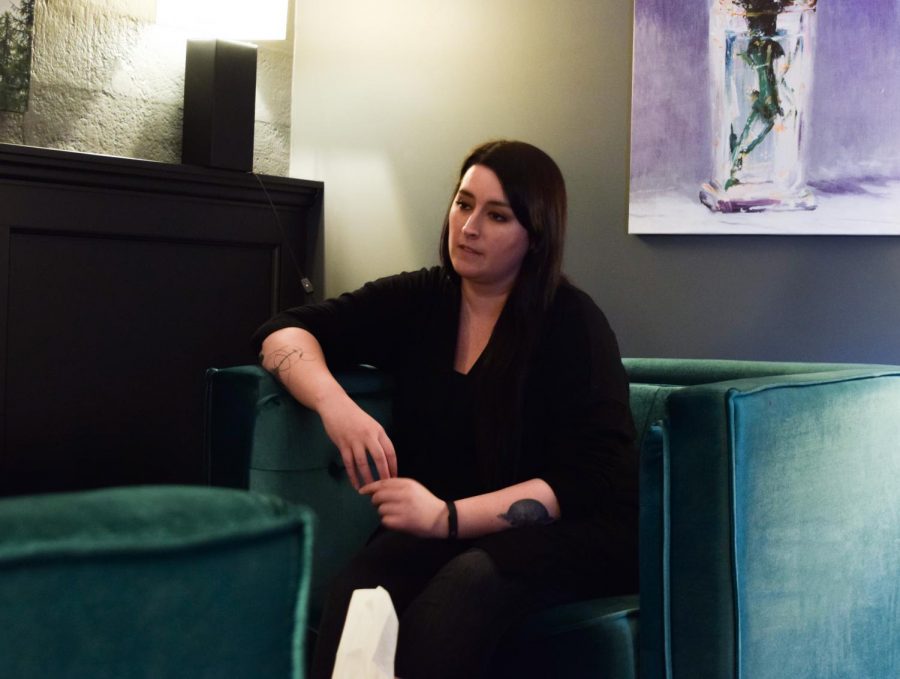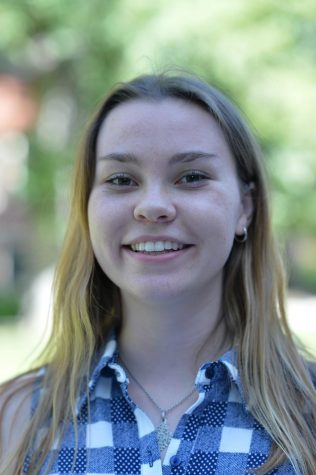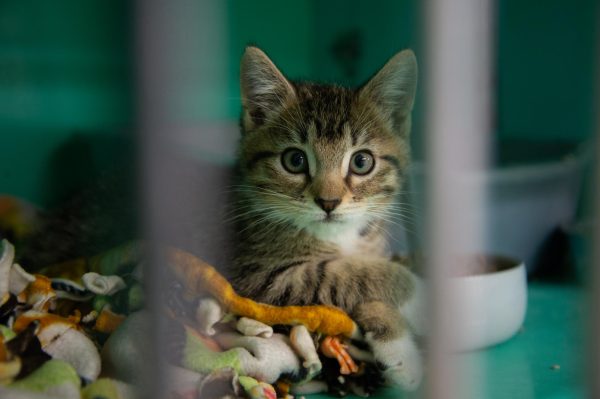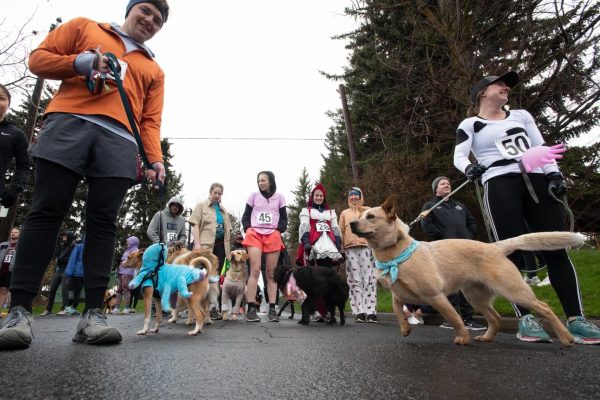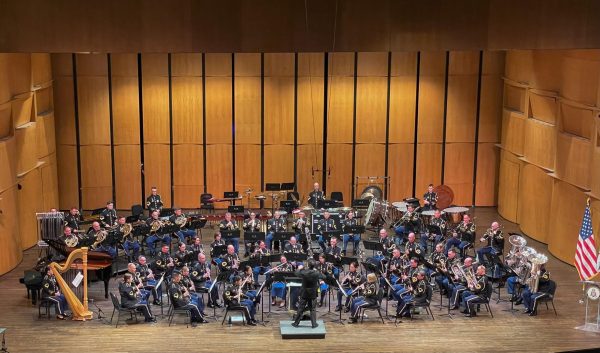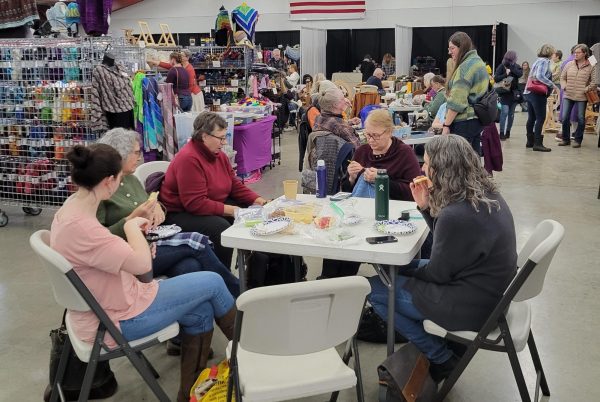Counselor creates safe space
Local therapist discusses need for more expansive health care in rural areas
JOSEPH GARDNER | THE DAILY EVERGREEN
“If you’re around here and you work in mental health, you know there’s a significant shortage,” said Sarah Sevedge, a licensed mental health counselor, when discussing her new clinic’s services.
November 14, 2018
Sarah Sevedge, a licensed mental health counselor, opened the doors of her office in downtown Pullman last month in response to the community’s unmet need for counseling services.
Sevedge has been counseling for over 10 years. She grew up in Colfax as a fourth-generation Palouse native. She said her roots help her understand the problems of “ruralness” that we face in Pullman.
“If you’re around here and you work in mental health, you know there’s a significant shortage,” Sevedge said. “There are a lot of people who aren’t necessarily getting services or getting them in a timely manner.”
On Nov. 5, The Daily Evergreen reported on former WSU freshman Jeffrey Young’s attempted suicide. Young’s mother, Cilicia Reavey, said her son visited the WSU Psychology Clinic on Oct. 10 and was told he would have to wait four months for an appointment.
The clinic referred Young to WSU’s Counseling and Psychological Services, where staff told him he’d have to wait two months to schedule an assessment.
Sevedge said she has made her clinic, Hope in the Hills Counseling Services, as accessible as possible. Clients can book sessions online and can usually make an appointment the next day. Sevedge also takes advantage of social media.
“It’s a totally different experience calling an office you’ve never seen,” Sevedge said. “If you’ve seen an Instagram, you’ve seen some photos of the office, it makes the process more transparent.”
Sevedge said it will take community effort to meet the area’s needs for counselors. She said some of the major insurance providers in the area are blocked off from new clinicians. Popular insurance provider Kaiser Permanente won’t accept any new counselors, she said.
“Opening access on insurance panels isn’t something individual clinicians can always take on,” Sevedge said. “You need bigger machines than me to fight that battle.”
She said for now she is on United HealthCare Services’ panel and is in various stages of the process with four others. In the meantime, she is using a sliding fee scale for her clients, so the cost of a session depends on the client’s ability to pay.
Sevedge’s effort to make her space comfortable and prices affordable stems from her deeper guiding principles. She said she believes it is important for people coming to her office to feel comfortable and understood for who they are.
“It matters that people feel like I know them as humans and that it’s personalized care,” Sevedge said. “That they feel acceptance and just care for who they are.”
To foster this nonclinical environment, Sevedge said she designed the space herself so that it would feel as welcoming as possible.
“It matters how people feel when they come into the space, where they feel safe to talk about what’s happening for them,” she said.
Sevedge said she researched calming color complementarity and chose soothing grays and greens for her office. She hopes her windowless office space feels like an open room thanks to the three huge panels she hung that break up a photo of wooded mountainside. The rooms feature a few potted plants and aromatherapy from essential oil diffusers.
“I wanted a lot of growing things,” she said. “I’m a pretty notorious plant lady.”
The Hope in the Hills office, tucked away in the complex that hosts the Flirt Boutique and rock STAR tan bar, has vintage-style furniture and modern decor.
The atmosphere, Sevedge said, fits one main goal of her therapy — compassion. She practices Interpersonal Process Therapy, which emphasizes the effects of relationships, community and social support, and compassion-focused therapy.
Sevedge also has a Bachelor of Arts in Religious Studies and incorporates that background into her practice. She said she integrates peoples’ faith into therapy.
“It’s really important to talk to people about their belief systems because it’s part of how we conceptualize suffering,” she said. “And you’d be amazed how much internalized shame comes from a religious or spiritual tradition inheritance.”
Sevedge also takes the area and community into account during therapy. She tries not to “pathologize” experiences of sadness, depression and anxiety, and instead recognizes that environment plays a part, she said.
“Even if you think about, in the political climate we’ve had in the last two years,” she said, “what’s your expectation of Latinx students or students of color in a rural community, given that climate? I want those folks to be comfortable here.”
While she practices therapy by looking at the whole person sitting across from her, Sevedge’s goal for the future of Hope in the Hills is to add providers who can help treat the whole person. She said she plans to bring in a dietitian and massage therapist.
Sevedge said the process of bringing Hope in the Hills together has been beneficial for her.
“I was venturing into stuff that was totally new for me — I’ve never designed a space before,” she said. “That was my own healing experience.”
Sevedge said she hopes her office will be just as healing for new clients as they come in.
Hope in the Hills is located at 107 S Grand Ave, Suite D. The office is open 8 a.m. to 5 p.m. Monday through Saturday.


